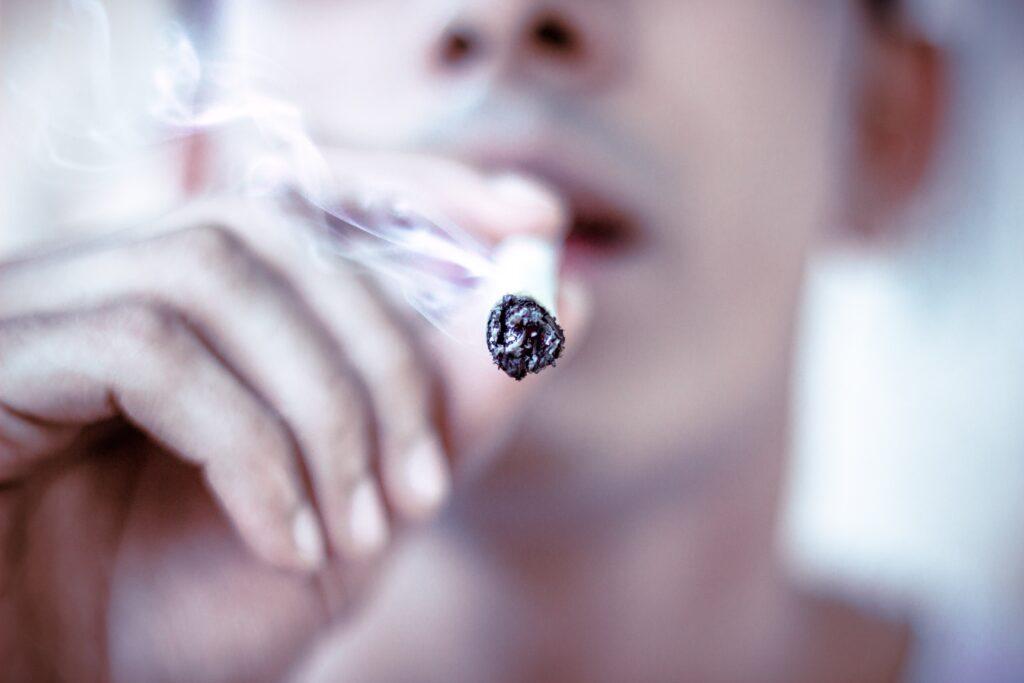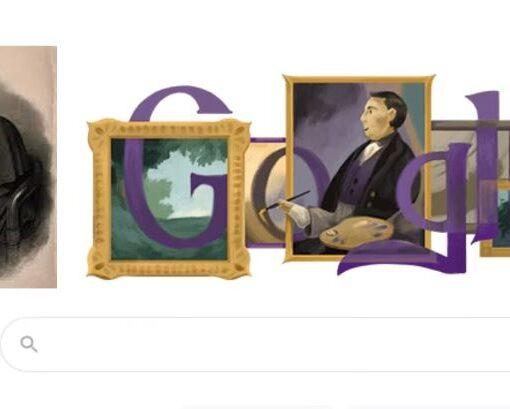
An announcement made in the Autumn Statement by Chancellor Jeremy Hunt confirmed a substantial escalation in the cost of cigarettes, which dealt a severe setback to smokers throughout the United Kingdom. The announcement detailed an average increase of £1.08 per pack, which has resulted in increased expenses for millions of smokers. This article examines the pertinent particulars and responses to the unforeseen increase in price.
Key Highlights
- Price Surge Confirmed:
- The cost of a pack of cigarettes has increased by an average of £1.08, following the government’s Autumn Statement.
- Chancellor Jeremy Hunt revealed the rise during his address in the House of Commons, outlining various plans related to tax, benefits, and pension payments.
- Additional Blow to Rolling Tobacco Users:
- Smokers of hand-rolling tobacco face an even greater challenge, with an additional 10% increase above the standard hike.
- This move has drawn criticism from campaigners, who argue that it disproportionately affects working-class individuals and may drive some towards illegal tobacco trading.
- Impact on Smokers and Industry Response:
- Campaigners, including Simon Clark, director of the smokers’ group Forest, have criticized the Chancellor’s decision, accusing him of disregarding the financial strain on working-class smokers.
- The tobacco duty increase, an annual occurrence, was not anticipated, as it typically happens during the Spring Budget. The last increase occurred earlier in the year, in April.
Government’s Tobacco Phase-Out Plan:
- Gradual Increase in Legal Smoking Age:
- The tobacco duty hike aligns with the UK government’s broader plan to phase out smoking.
- Prime Minister Rishi Sunak announced at the Conservative Party conference that the legal smoking age would increase annually, ensuring that those under 14 today would never legally buy cigarettes in their lifetime.
- Tobacco Duty Rates and Revenue:
- The tobacco duty escalator, which increases duty in line with the Retail Price Index (RPI) +2%, was extended until the end of the current Parliament.
- Tobacco duty is a significant revenue source for the government, with £10.7 billion collected in 2022, comprising 1.2% of the total tax revenue.
Reactions and Criticisms
The surge in cigarette prices has elicited strong responses from a multitude of sources. Concerns have been raised by proponents of smokers’ rights, such as Simon Clark, director of the smokers’ group Forest, who asserts that individuals from working-class backgrounds are disproportionately affected by the increase.
Clark posits that the punitive increase on hand-rolled tobacco could potentially impoverish a greater number of smokers or compel them to engage in illicit trade through criminal networks.
Impact on Smokers and Alternative Solutions
With the escalating price of tobacco products, it is anticipated that heavy smokers will be disproportionately affected. While certain individuals may opt to reduce their consumption, others might investigate more cost-effective alternatives.
The potential ramifications of escalated prices include cross-border commerce and involvement in the illicit tobacco market. In pursuit of its objective to counter tobacco fraud, the government will employ HMRC to oversee and address any fluctuations in illicit consumption.
The escalation in tobacco prices gives rise to inquiries regarding the efficacy of these measures in diminishing the prevalence of smoking.
Critics contend that an emphasis on punitive taxation may fail to adequately confront the fundamental factors that keep certain demographic groups engaged in smoking.
Conversely, they propose that endeavors be focused on ameliorating living conditions and tackling environmental elements that contribute to the development of smoking behaviors.
Government’s Long-Term Vision
The increase in tobacco prices is consistent with the policy of the government to uphold elevated tobacco duty rates. The extension of the tobacco duty escalator until the conclusion of the present Parliamentary term is intended to substantially increase government revenues and decrease smoking prevalence.
The government intends to reduce the tax disparity between hand-rolling tobacco and cigarette duty rates by increasing the duty rate on hand-rolling tobacco beyond the standard escalator.
Phasing Out Smoking
The overarching strategy to eliminate smoking in the United Kingdom entails a progressive elevation of the permissible age of smoking. The announcement made by Prime Minister Rishi Sunak during the Conservative Party conference delineates a comprehensive plan to achieve a “smoke-free” world by 2040 in the United Kingdom.
By implementing this strategy, the age at which individuals are legally permitted to purchase cigarettes will be raised by one year each year, effectively prohibiting those under the age of 14 from doing so for the duration of their lives.
Tobacco Duty Rates and Revenue
Tobacco duty is an essential source of government revenue, accounting for 1.2% of total tax revenue or £10.7 billion in 2022. The government’s commitment to deterring smoking through financial means is exemplified by the decision to freeze alcohol duty while increasing tobacco duty.
In Summary
Critics and debate have ensued in response to the unanticipated increase in cigarette prices; activists are particularly concerned about the impact on smokers from lower socioeconomic backgrounds.
This is consistent with the government’s overarching effort to decrease the prevalence of smoking in the United Kingdom.
Given the escalating expenses that smokers must contend with, the incremental rise in the legal smoking age signifies a resolute endeavor to establish a future devoid of smoke for future generations.
The escalation in cigarette costs, although contributing to government revenue and in line with the overarching objective of decreasing smoking prevalence, has incited discussions concerning its effects on smokers, specifically individuals who are economically disadvantaged.
As the United Kingdom progresses towards attaining a smoke-free society, ongoing dialogues will presumably revolve around the efficacy of financial interventions in addressing the underlying factors that contribute to smoking and achieving public health objectives.
FAQs
- Why did the UK government decide to increase cigarette prices?
- The government implemented the price hike as part of its strategy to reduce smoking prevalence and contribute to public health. Tobacco duties, raised annually with the Retail Price Index (RPI) +2%, aim to discourage smoking.
- How will the increase impact smokers and the tobacco industry?
- Smokers will experience a higher financial burden due to increased tobacco product prices. For the tobacco industry, it means a rise in duty rates, potentially affecting consumer behavior and contributing to the government’s revenue.
- What is the broader plan for phasing out smoking in the UK?
- Prime Minister Rishi Sunak has announced a comprehensive plan to make the UK smoke-free by 2040. The strategy includes yearly increases in the legal age to buy cigarettes, restricting vape flavors, and discouraging smoking for future generations while considering the impact on current smokers.



